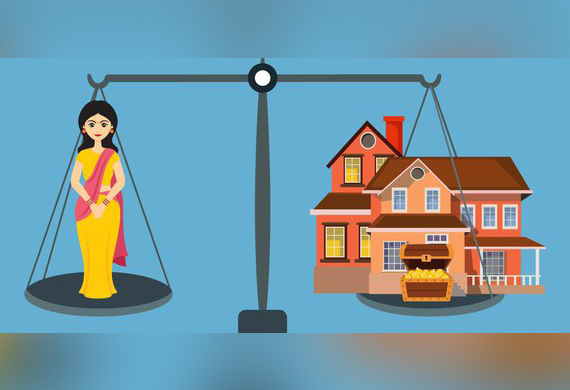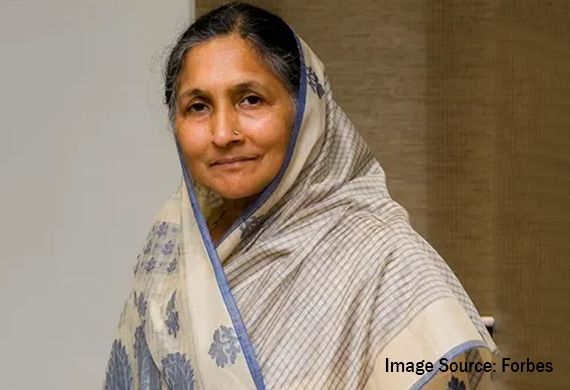
Daughters have Equal Rights on Father's Property Prior to Codification of 1956's Laws, says SC
By: WE Staff | Friday, 21 January 2022
The Supreme Court upheld on Thursday that daughters have an equal right to their father's property even before the codification of Hindu personal laws and the enactment of the Hindu Succession Act in 1956, and that the law of inheritance would apply to property partition even if the father died intestate prior to 1956.
The decision was handed down by a bench of Justices S Abdul Nazeer and Krishna Murari, who said, “self-acquired properties of a person, who died intestate in 1949, would devolve on his sole daughter, despite the man admittedly living in a joint family, and could not have passed on to the deceased person’s brother on the basis of the survivorship law in force prior to 1956 and upon his death to his children.”
Justice Murari, who wrote the decision, stated, “since the property in question was admittedly the self-acquired property of Marappa Gounder, despite the family being in state of jointness upon his death intestate, his sole surviving daughter Kupayee Ammal will inherit the same by inheritance and the property shall not devolve by survivorship.”
Justice Murari stated, referring to ancient scriptures and Smritis, “it is clear that ancient text as also the Smritis, the commentaries written by various renowned learned persons and even judicial pronouncements have recognized the rights of several female heirs, the wives and the daughter’s being the foremost of them." This might lead to conflicts regarding estates partitioned before 1956 in which the daughters were not awarded a portion, and the daughters' heirs may attempt to restore their rights to the assets.
The bench accepted the arguments of advocate P V Yogeswaran, counsel for the lady petitioner, and stated that the daughter's right would be included in the succession of assets prior to 1956. He said, “if a property of a male Hindu dying intestate is a self-acquired property or obtained in partition of a coparcenary or a family property, the same would devolve by inheritance and not by survivorship, and a daughter of such a male Hindu would be entitled to inherit such property in preference to other collaterals.”
It stated, “The rights of women in the family to maintenance were in every case very substantial rights and on whole, it would seem that some of the commentators erred in drawing adverse inferences from the vague references to women’s succession in the earlier Smritis. The views of the Mitakshara on the matter are unmistakable.”
According to the 1956 Act, the bench said, “if a female Hindu dies intestate without leaving any issue, then the property inherited by her from her father or mother would go to the heirs of her father whereas the property inherited from her husband or father-in-law would go to the heirs of the husband.”
From the codification of Hindu laws in 1956, the Supreme Court declared in August 2020 that females will have the same inheritance rights as sons in the possessions of their dads, grandfathers, and great-grandfathers.






